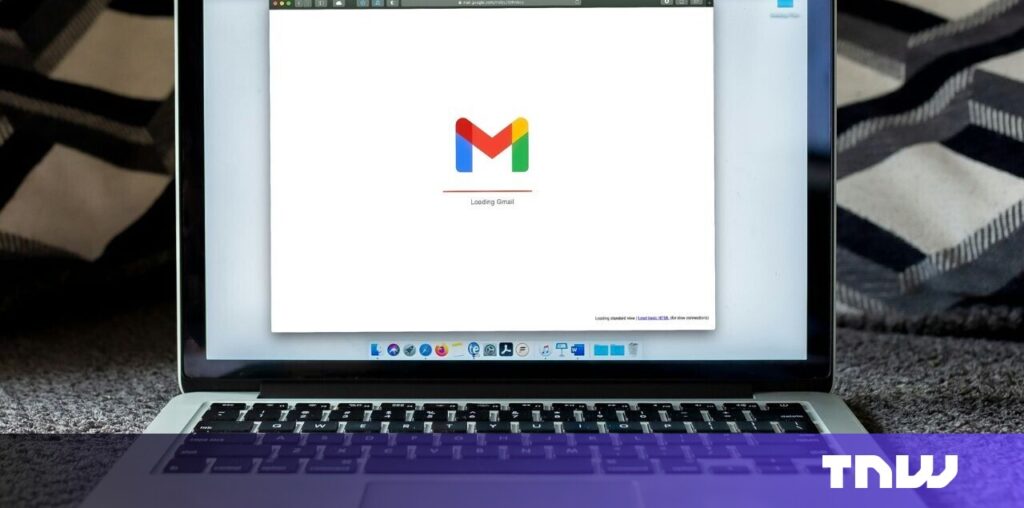The US Department of Justice may be on the verge of seeking a break-up of Google in a bid to make it less dominant. If the government goes ahead and is successful in the courts, it could mean the company being split into separate entities – a search engine, an advertising company, a video website, a mapping app – which would not be allowed to share data with each other.
While this is still a distant prospect, it is being considered in the wake of a series of rulings in the US and the EU which suggest that regulators are becoming increasingly frustrated by the power of big tech. That power tends to be highly concentrated, whether it’s Google’s monopoly as a search engine, Meta’s data gathering from Facebook, Instagram and WhatsApp, or by small businesses becoming dependent on Amazon.
But what would a breakup of these tech giants achieve for consumers? Those in favour of shaking up Silicon Valley in this way argue that it would lead to more competition and more choice. And the best-case future scenario might look something like this:
The year is 2030, and you are on your way to meet a friend for a meal. You receive a message notification on WhatsApp, which was sent by your friend using her Signal messaging app. Sending and receiving messages from different apps is now so common you barely notice it.
In fact, “interoperability” – where different systems and tech work seamlessly together – is everywhere. In the same way you could send an email from Gmail to Hotmail back in 2024, you can now choose from a range of social media apps – alongside Instagram, TikTok and Snapchat – with text, pictures and video posted on one network easily accessible via another.
You choose an app because you like the way it looks or the way it filters and presents content – not just because everyone else is on it.
Similarly, your choice of restaurant and information on directions came from apps you have chosen from a much wider selection than the one you had access to back in 2024. You look at reviews produced by people you follow, irrespective of the platform they used to share it.
Product placement and AI-generated content have practically disappeared, as the mapping app does not want to risk giving you advice you don’t want. If it did, you would simply switch to a competitor which provides a superior service.
This increased level of competition is central to those who argue for breaking up big tech. Instead of app developers having to pay 30% of their sales to Google or Apple, there would be numerous app stores available, all competing to offer the best apps by cutting their profit margins. The theory is that the app market – and technological innovation – would thrive as a result.
Research also suggests that the existence of competing apps makes consumers less lazy, and forces businesses to deliver better products, and better value for money.
Private browsing
In 2024, you would have had to trust the results provided to you by Google search, Google Maps, or a Google advert. And because Google owned your data, it could auction information about you to other businesses trying to reach you, without your say.
You might have found Google’s services useful, but most of the benefit from personalised data would have gone to Google. And another big change that could come from breaking up big tech is that you might finally become the unique owner of that data.
Potentially, you would be the only one with full access to your browsing history – the products you searched for, the ones you bought and the ones you almost bought. You would own the information about where you went for lunch, what you ordered, and how much you spent.
Other information that would be owned by you might include how you commute to work, which video clips make you laugh, and which books you finished and the ones you abandoned immediately. The same goes for how you met your partner online, your dating history, and the health data your watch has collected about how hard you work at the gym.

PeopleImages.com – Yuri A/Shutterstock
In the imagined year of 2030, you would keep this data on an encrypted server, and different companies would offer apps to help you organise and manage your information. Whenever you wanted to, you could decide to use your data for your own purposes.
Breaking up is hard to do
Splitting up big tech companies is not without risks however. An obvious consequence is that those big companies would be less profitable.
Right now, Google and Meta make (a lot of) money from advertising, and this is only possible because they own so much information about us. If they didn’t, they might end up charging users for the services they provide.
Interoperability and greater competition may also provide more room for scam app operators. And while more choice about apps may be fine for some, it may be problematic for those who find modern technology challenging enough already.
For regulators though, the challenge of modern technology seems to be a sense of powerlessness. And if they do decide to take the radical option and break up dominant companies, it could make a big difference to the online world for all of us.![]()
![]()
Renaud Foucart, Senior Lecturer in Economics, Lancaster University Management School, Lancaster University
This article is republished from The Conversation under a Creative Commons license. Read the original article.

